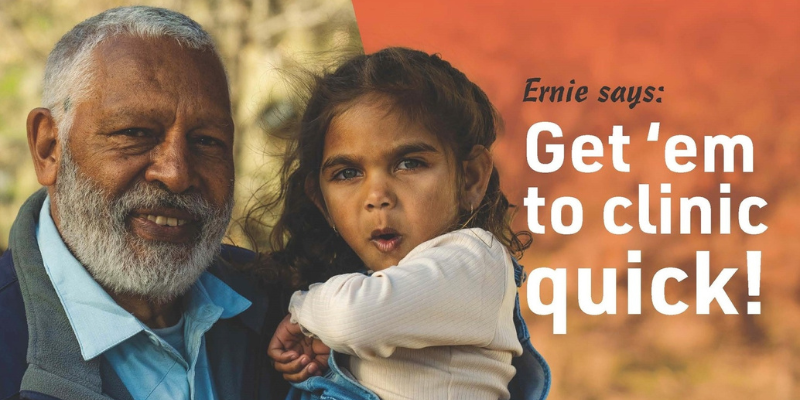Search
Showing results for "Au"
Research
Rett syndrome: establishing a novel outcome measure for walking activity in an era of clinical trials for rare disordersThis study investigated the capacity of three accelerometer-type devices to measure walking activity in Rett syndrome
Research
Adolescent dietary patterns are associated with lifestyle and family psychosocial factorsFew studies have examined the dietary patterns of adolescents and the social and environmental factors that may affect them during this life stage.
Research
Stereotypical hand movements in 144 subjects with Rett syndrome from the population-based Australian databaseStereotypic hand movements are a feature of Rett Syndrome but few studies have observed their nature systematically.
Research
Linking MECP2 and pain sensitivity: the example of Rett syndromeThis study investigated the nature and prevalence of atypical pain responses in Rett syndrome and their relationships with specific MECP2 mutations.

News & Events
Community bands together to improve lung health of Aboriginal children in East KimberleySeptember marks the three-month milestone of an intensive health promotion campaign in the East Kimberley region, which aims to raise awareness of the dangers of a chronic wet cough in Aboriginal children.
Research
Compound Repurposing Into Novel Therapeutics In COVID-19 At risk Lungs (CRITICAL Study)Anthony Christopher David Ingrid Shannon Thomas Kicic Blyth Martino Laing Simpson Iosifidis BSc (Hons) PhD MBBS (Hons) DCH FRACP FRCPA PhD BSc PhD
Research
Ngangk Ngabala Ngoonda (Sun Safety)The ‘Ngangk Ngabala Ngoonda (Sun Safety) of Aboriginal young mob of WA’ is a community-led project that aims to identify the sun safety needs and strengthen sun safety knowledge of Aboriginal Children and Young People in Western Australia.
Research
Scalability and scaling-up strategy of a physical activity policy intervention in Australian childcare centresThere is an urgent need for scalable interventions to promote physical activity in early childhood. An early childhood education and care physical activity policy intervention with implementation support strategies (Play Active) has been proposed for scale-up in Australia.
Research
Children arriving hungry in the first year of school: population trends in Australia from 2009 to 2021Access to adequate nutrition is a human right. In 2023, 23% of Australian households were severely food insecure, reducing food intake, skipping meals or days of eating. Food insecurity in early childhood is linked to poor health and development. Specifically, breakfast provides children with the necessary nutrients required for sustained attention, memory, and cognitive growth. Australian research has reported that one in three children aged 8–18 years regularly skip breakfast. However, there is little understanding of the prevalence of food insecurity among young children in Australia.
Research
Type-2 diabetes epigenetic biomarkers: present status and future directions for global and Indigenous healthType-2 diabetes is a systemic condition with rising global prevalence, disproportionately affecting Indigenous communities worldwide. Recent advances in epigenomics methods, particularly in DNA methylation detection, have enabled the discovery of associations between epigenetic changes and Type-2 diabetes. In this review, we summarise DNA methylation profiling methods, and discuss how these technologies can facilitate the discovery of epigenomic biomarkers for Type-2 diabetes.
